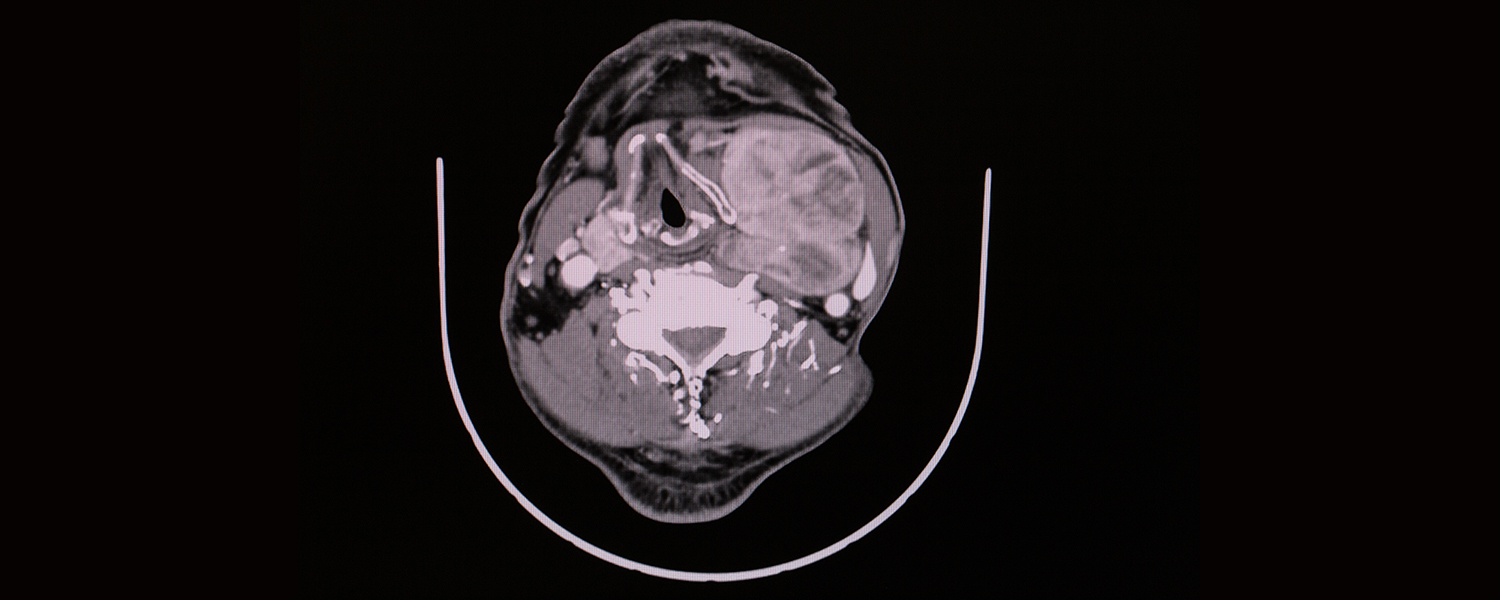Sir Robert Macintosh was Professor of Anaesthesia in Oxford, and both Dr John Lehane and Ronnie Cormack have close relationships with Oxford and worked as Consultant Anaesthetists in the department.
Sir Robert Macintosh Airway Fellowship
The Oxford Head and Neck / Advanced Airway teaching programme has been in place since the 1990s, and our department has pioneered this subspecialty Fellowship training in the UK.
What we offer
We are proud to offer a one-year combined Head and Neck / Advanced Airway Anaesthesia Fellowship and are seeking an exceptional individual to join the Nuffield Department of Anaesthetics for this one year Macintosh Airway Fellowship.
This unique Fellowship is highly structured, combining didactic, clinical, simulation and research components, and the Fellow will be allowed flexibility to mould the programme to their specific requirements.
We provide an outstanding opportunity to manage complex cases, and to acquire state-of-the-art advanced airway management skillsets in real life situations.

Our Division
Surgical procedures include:
- major head and neck cancer surgery
- complex laryngeal surgery
- skull base surgery - Oxford Skull Base Service
- functional endoscopic sinus and pituitary surgery
- facial plastic surgery
- maxillofacial and orthognathic surgery.
The Fellow will learn unique anaesthetic implications and management of these procedures, and become proficient with pharmacokinetic principles of total intravenous anaesthesia and deliberate hypotension.

Procedures and techniques
The Fellow will also master different supraglottic and subglottic high frequency jet ventilation techniques, as well as videolaryngoscopy and newer techniques such as THRIVE.
They could also arrange experience with the Oxford Craniofacial Unit team, after advanced agreement with the paediatric Consultant group.

Teaching

An important part of the role will involve the delivery of regular airway training to anaesthetists (of all levels of seniority), operating department practitioners / anaesthetic nurses and medical students.
The Sir Robert Macintosh Airway Fellowship has an active teaching curriculum in emergency airway management, airway ultrasound and surgical airways using different techniques on mannequin, and hybrid models.
Additionally, the Fellow will be actively involved in teaching on airway courses and simulations. One of the aims of the Fellowship is for the Fellow to gain the necessary skills so that they develop as a 'teacher' of airway management.
Research
Our Airway Group promotes research, audit and training in the area of difficult airway management.
We have been involved in research which has made a significant contribution to the understanding of issues surrounding fibreoptic intubations.
We have worked with the national Difficult Airway Society (UK) to develop national practice guidelines and in multi-centre clinical trials.
The Oxford Group was key to the Royal College of Anaesthetists' NAP4 national audit on complications of difficult airway management as Professor Popat was panellist and peer reviewer and Professor Pandit co-wrote the key editorial that accommodated the report.
The Sir Robert Macintosh Airway Fellow will be expected to conduct clinical airway research as well as simulation based research, if desired. The Fellow will be encouraged to be up to date with current research in airway management. They will be encouraged to come up with their own projects.
Successful candidates will have one dedicated non-clinical day per week. The Fellow will have opportunities to present their research at local, national and international meetings. The Fellow will be expected to gain experience in formulating and conducting research projects, writing ethics submissions, and completing a manuscript for publication.
Other responsibilities

Oxford has a very busy operating theatre complex. In normal working hours, there is always a consultant duty anaesthetist and there will be other consultant Head and Neck anaesthetists available for clinical support and advice.
The Airway Group has a strong ethos whereby colleagues proactively discuss strategies for difficult cases and take advice.
When doing indirectly supervised lists the Fellow is expected to discuss such cases with the duty anaesthetist or other Head and Neck anaesthetists.
Fellows will be expected to continue to do non-airway lists to keep their general confidence up. It is suggested that the Fellow takes the opportunity to occasionally attend the Head and Neck Cancer Multidisciplinary Team (MDT) meeting and outpatient ENT department clinics that carry out fibreoptic nasendoscopy.
Oxford Head and Neck Unit
The Oxford Head and Neck Unit is a multidisciplinary team (MDT). The Unit receives referrals locally as well as 'tertiary' referrals from surrounding units in the Thames Valley.
The majority of cases of laryngeal, oropharyngeal and hypopharyngeal cancer are managed by three ENT surgeons with reconstructive input from plastic surgery.
Oral cavity cancer, including reconstruction, is managed by Oral and Maxillofacial Surgeons.
We offer the full remit of Head and Neck Surgery with free tissue transfer as required.
The service has a bespoke unit at the Churchill Hospital; however, the surgical consultants also provide input into their own specialty with some operating lists at the John Radcliffe Hospital West Wing.
Skull base oncological surgery is also carried out in conjunction with the Neurosurgeons in the West Wing.
Our team includes:
- Surgeons
- Oncologists
- Pathologists
- Radiologists
- Physiotherapists
- Specialist Nurses
- Dentists
- Speech and Language Therapists
- Dietitians
The Fellow will be expected to work closely with the whole Blenheim Head and Neck Unit team.
All applicants must have a strong commitment to excellence in clinical care, education and research, which will constitute an integral part of the Fellowship year.
Contact us
Dr Vassilis Athanassoglou
Head of Advanced Airway Management Fellowship


